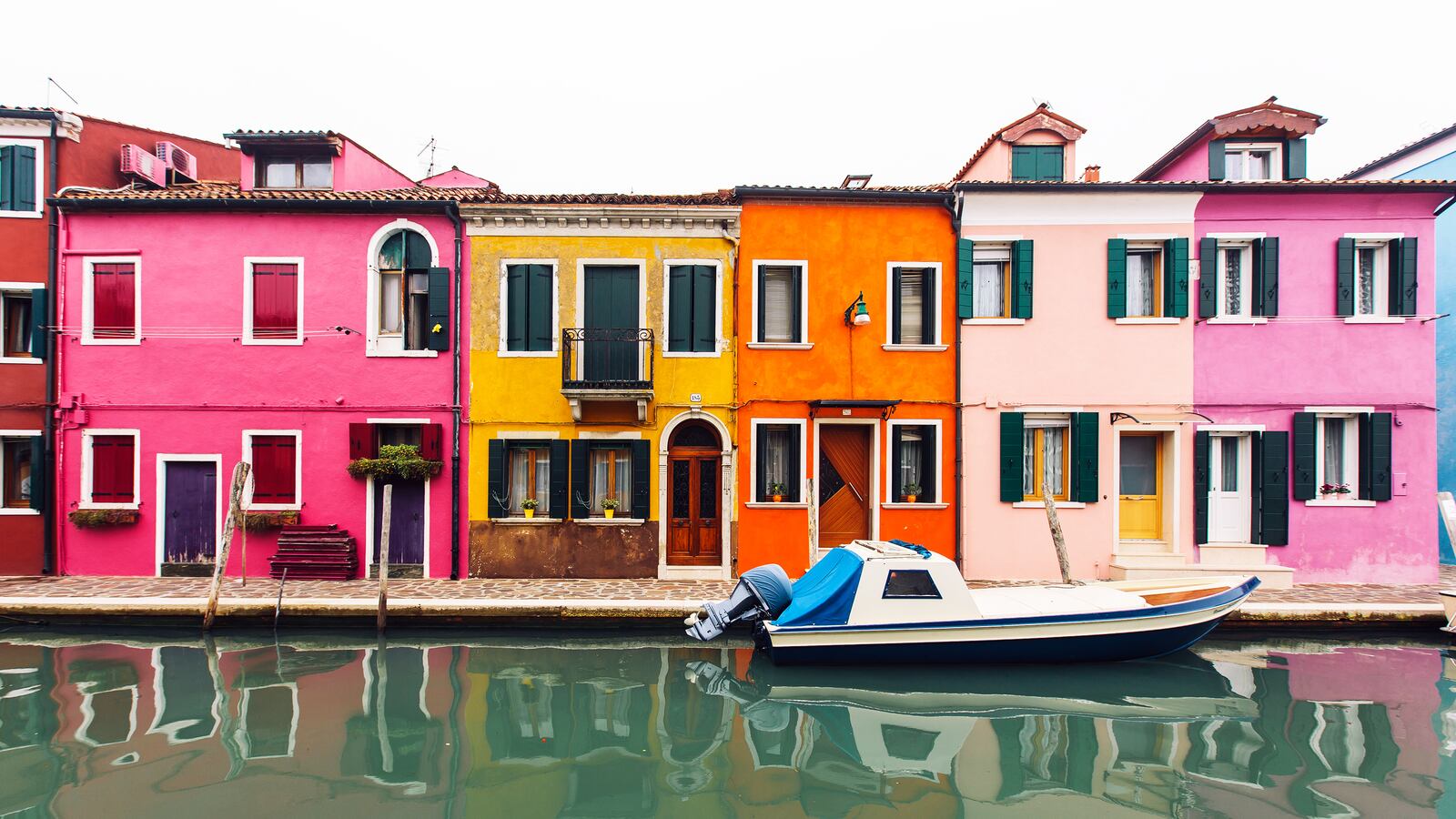ROME—There is something particularly telling about the “for sale” advertisements on Italy’s real-estate websites these days. Rather than the usual badly lit photos of apartments on the market, many ads look like Airbnb flats for rent, complete with folded towels on the beds and tables set for two. That’s because they are.
Across Italy, an increasing number of people who bought cheap apartments to fix up to ride the Airbnb boom a few years ago are now stuck with apartments they can’t pay the mortgage on and are selling them off after the COVID-19 pandemic all but killed off tourism. Italy’s tourism industry is slated to lose around $120 billion in 2020, and 2021 doesn’t look like it will be much better.
Calling this year’s summer a “season to forget,” Italy’s main financial newspaper Il Sole 24 Ore reports a “worse-than-expected” decrease in foreign tourists to Italy of 66 percent, which has crippled the hotel industry and devastated the Airbnb market.
By some estimates floated by Italy’s main real-estate umbrella group, 25 percent of Airbnb owners have put their rentals up for sale and around 10 percent have converted to non-tourist long rentals, which is risky for owners since strict rental regulations are in place in Italy in terms of what landlords can charge per square meter for primary residences—and it is a fraction of what Airbnb owners charge for short stays.
In Rome, you can find a three-bedroom 1,400-square-meter apartment that is still listed on Airbnb for around $150 a night selling for around $1 million, which is slightly below the cost of other such offerings. Smaller places, many of them smartly furnished with exceptional mod cons few Italians would foot the bill for, are also filling the real-estate pages. Similar apartments are easily found in Italy’s other tourist havens, like Venice, Milan, and Florence.
Italian house prices have fallen by just 0.4 percent in the pandemic, far better than the previous year-to-year drop of 1.2 percent or the European average of a 4.3 percent drop. Real-estate agent Carlo Giordano, who runs Italy’s most popular sales and rental website Immobiliare.it, predicts the market won’t turn around any time soon, which is especially bad news for those who banked on tourist- and other short-term rentals. In cities like Milan, the website was a magnet for students looking to rent rooms or apartments to study at local universities. But with many university classes online, the students just aren’t coming back, and now many of those apartments are also being put up for sale. Add to the misery the absence of around 350,000 American study-abroad students.
“With the reopening of the regional borders, many tenants gave notice and went away to join parents and relatives, also saving on expenses,” Giordano says. “The owners are certainly used to a certain annual rotation. But this is an incredible scenario for the real-estate market, as it has never been seen before.”






